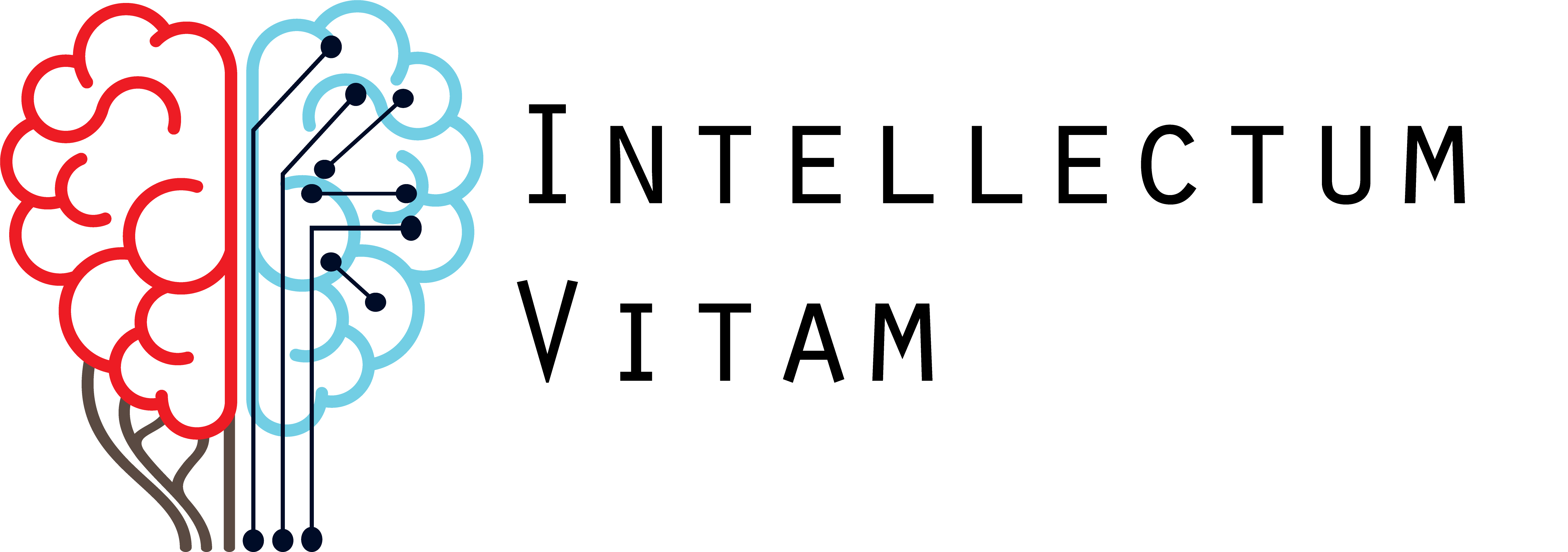The quest for objective truth has been a fundamental driving force behind scientific inquiry. Science, with its systematic approach, empirical evidence, and peer review process, aims to uncover universal principles that govern the natural world. However, the idea that science can fully and unerringly achieve objective truth is a topic of debate. This critical essay explores the strengths and limitations of science in determining objective truth, considering factors such as human biases, the nature of scientific paradigms, and the evolving nature of knowledge.
The Subjectivity of Observation and Interpretation:
Science relies heavily on observation and data collection, which, in turn, are inherently influenced by human perception and cognitive biases. Scientists are not immune to subjective perspectives, and the process of observation can be influenced by personal beliefs, cultural conditioning, or even unintentional biases. This subjectivity may affect how data is interpreted, leading to potential misinterpretations or selective reporting of results. Consequently, it becomes challenging to assert that scientific findings are entirely devoid of subjectivity and, therefore, represent objective truth.
The Influence of Scientific Paradigms:
Science operates within paradigms – accepted frameworks of knowledge that guide research and experimentation. Paradigms are essential for scientific progress, but they can also limit perspectives and shape how data is interpreted. When a prevailing paradigm dominates a field, dissenting views may be marginalized, hindering the consideration of alternative explanations or truths. The shift from classical mechanics to quantum mechanics is a prime example of how scientific paradigms have changed over time, leading to new and more comprehensive understandings of reality. This illustrates the dynamic nature of scientific truth and the limitations imposed by current paradigms.
The Falsifiability Criterion:
A critical aspect of science is the concept of falsifiability, proposed by philosopher Karl Popper. According to Popper, for a scientific theory to be valid, it must be testable and open to the possibility of being proven false through empirical observation. While this criterion enhances the rigor of scientific theories, it also raises questions about whether falsifiability can guarantee absolute objectivity. As scientific experiments are often conducted under specific conditions and may not account for all variables, there remains a level of uncertainty in drawing definitive conclusions.
Context Dependency and Evolving Knowledge:
Objective truth, by definition, should hold irrespective of context. However, scientific knowledge is continually evolving, with new discoveries challenging existing theories and paradigms. As our understanding of the universe expands, previously accepted scientific truths may be revised or even discarded. The process of revising knowledge is inherent in science, indicating that our understanding of objective truth is contingent upon our current level of comprehension. As a result, the pursuit of objective truth in science may be an ongoing, ever-changing endeavor.
Conclusion:
Science is a powerful tool for understanding the natural world and advancing human knowledge. It has revealed profound insights into the universe and provided solutions to numerous challenges. However, the claim that science can fully attain objective truth remains contentious. The inherent subjectivity in observation and interpretation, the influence of scientific paradigms, and the evolving nature of knowledge all contribute to the complexity of determining objective truth. Instead of striving for an absolute claim to truth, science’s strength lies in its ability to constantly refine and expand our understanding of the world, promoting critical thinking and empirical investigation. Acknowledging the limitations of science helps foster a more nuanced appreciation of the scientific method while encouraging a continuous search for deeper and more accurate explanations of reality.

